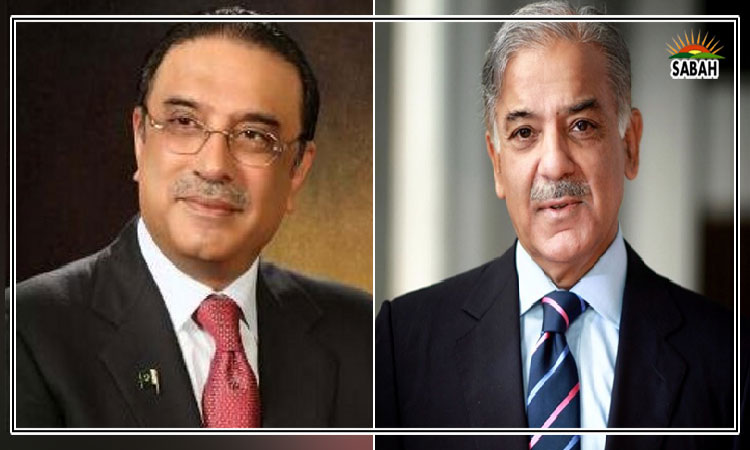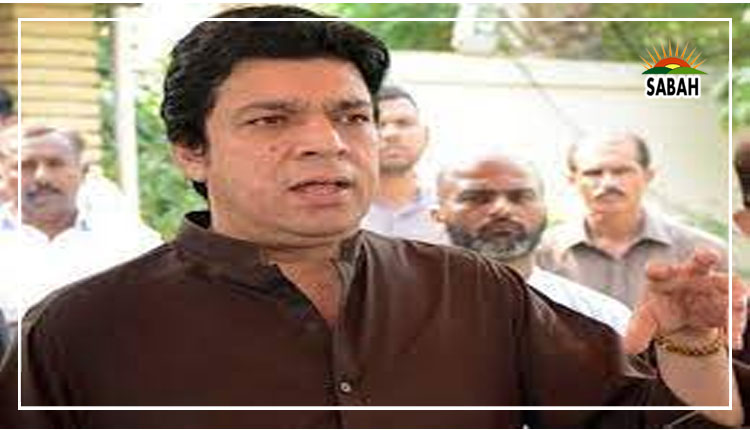Srinagar — India frenzy in regional isolationism…Aneela Shahzad
The Srinagar G20 Tourism came out as a major flop. China, Saudi Arabia, Turkey, Egypt and Oman literally boycotted the meet. Indias grandiose plan to pose as a global leader, hosting the months-long G20 and the parallel SCO conferences have also been marred by Russias confrontational tone in the events, thus rendering Indias dream practically buried under the soil.
And Srinagar proved to be Indias self-inflicted hara-kiri upon the future of its global stature. In spite of repeated warnings from Pakistan against Indias plan of hosting the event in a disputed land impaired with Indias genocidal policies, India had to act stubbornly. It was so embarrassing for the visiting delegates that they requested their names and designations to be kept secret.
Indias elite National Security Guard, laced with counter-drone units and marine commandos, were there to aid the already 700,000 troopers, 100,000 police and more paramilitary forces in the occupied region. Imagine, the venue of the meeting heavily surrounded by armed commandos carrying loaded machineguns, pointed towards possible civilian targets all around. Even the surrounding river and the Dal Lake was infested with marine elite commandos patrolling the water in rubber boats, pointing their guns towards any living person that comes in sight.
The truth is that no period in Indias life has been so disconcerted as the ambitious Modi government era. Internal quagmires like separatism related issues in East Punjab, Manipur, Chhattisgarh; mishandling of Covid with over 44 million cases; the year-long farmers protests; Adanis $60 billion Ponzi scheme; the 2019 banking sector collapse; the much-criticised demonetisation scheme that led to lose of 1.5 million jobs all left aside the Modi regimes geopolitical maneuvering has been even more fatal.
Modis sinister move of repealing Kashmirs special statue in 2019 went off the deep end with the OIC. An emergency meet with special participation of Pakistan, Turkey, Saudi Arabia and others was held in Jeddah asking India to rescind action on Article 370. Apparently, this wrath from the side of Turkey and Saudi Arabia has followed into the Srinagar event. Egypt and Omans joining the boycott can be seen as a vital diplomatic failure, as India has been a major buyer of Egyptian oil. And as for Oman, India eyes another ambitious 2000km Middle East-India Deepwater Pipeline proposal with Oman and the UAE. Moreover, Indias having set a Listening Post that can be used by India to monitor Pakistans maritime movement, in Ras al-Hadd, Oman, shows how deep the two states had been allied before.
Chinas reaction to the repealing of Article 370 has been momentous. Within a few months of the act, and one day after Indias Ministry of External Affairs asserted that the whole of Jammu and Kashmir, including Ladakh and Gilgit-Baltistan, is theirs, China entered Ladakh starting a standoff. A few months later, in September 2020, Rajnath Singh declared in the Lok Sabha that China has taken 38,000km of Ladakhs area. And even as early as January this year, The Wire, an Indian website, reported that China had installed its pickets on over 26 patrolling points in east Ladakh that were previously controlled by India.
This mere strategic failure and sheer embarrassment of India followed it into the SCO, where Rajnath had to declare to his Chinese counterpart that any base for bilateral ties was totally eroded as long as things on the Ladakh border were normalised. The G20, in parallel, proved to be another western trap for Modi when they tried to force the Ukraine issue into its joint declaration China and Russia refused to sign it. Another big blunder that Modi committed in between G20 and SCO failures was to accept the invitation to attend the G7 Summit in Hiroshima. There Modi was photographed shaking hands with Zelenskyy.
All this monkeying around has cost India enormously: inside Asia India has lost several friends and made none! India still depends on Russia for defence spare parts for its old inventory; it also buys a lot of cheap oil from Russia which was perhaps its only friend left in mainland Asia; and Modi has simply been pushing it away!
Immediate neighbours have also remained skeptical of India since the beginning. Sri Lanka signed off the Hambantota Port to China in 2010 while Nepal signed trade and transit deals with China in 2016 both affirming they preferred China over India for geo-economics. Bangladesh has been no different; it too has come up with plans for ports, dams and economic corridors with China. In fact, Modis 2021 Bangladesh visit was a disaster: for ten days the streets of Dhaka, Chittagong and other cities saw anti-Modi rallies and protest.
With all this is going on in the backdrop, India has taken another leaping step in upgrading ties with the US to counter China. At the end of the Shangri-La Dialogue, US Defense Secretary Lloyd Austin landed directly into Delhi to strengthen strategic alliance in air combat, land mobility systems, intelligence, surveillance, reconnaissance, munitions and the undersea domain. Austin told Rajnath that he will end Indias reliance on Russian spare-parts for their old inventory and Rajnath told Austin not to sell any more weapons to Pakistan.
Both allies have named their enemies and their would-be prime targets in case of conflict.
The simple thing for India to understand here is that it cannot fight with the whole neighborhood with the American gun. With the prospects of the Asian Century at our doorsteps and that China and Russia will emerge as a regional entity, India needed to integrate in the region not confront it.
But sadly, India has always chosen to board the sinking ship. It chose the socialist camp when Russia was inside Afghanistan, and the US camp when the US invaded Afghanistan! In both cases the superpowers were eliminated, and so was Indian presence in Afghanistan. Yet again, India is failing to reckon the US is the dying superpower, and it will die taking its allies in its grave too. Perhaps only time will allow India to realise that globalisation has been torn at its stress-points and the new fabric of regionalism has emerged. And India has not a shred of it.
Courtesy The Express Tribune











